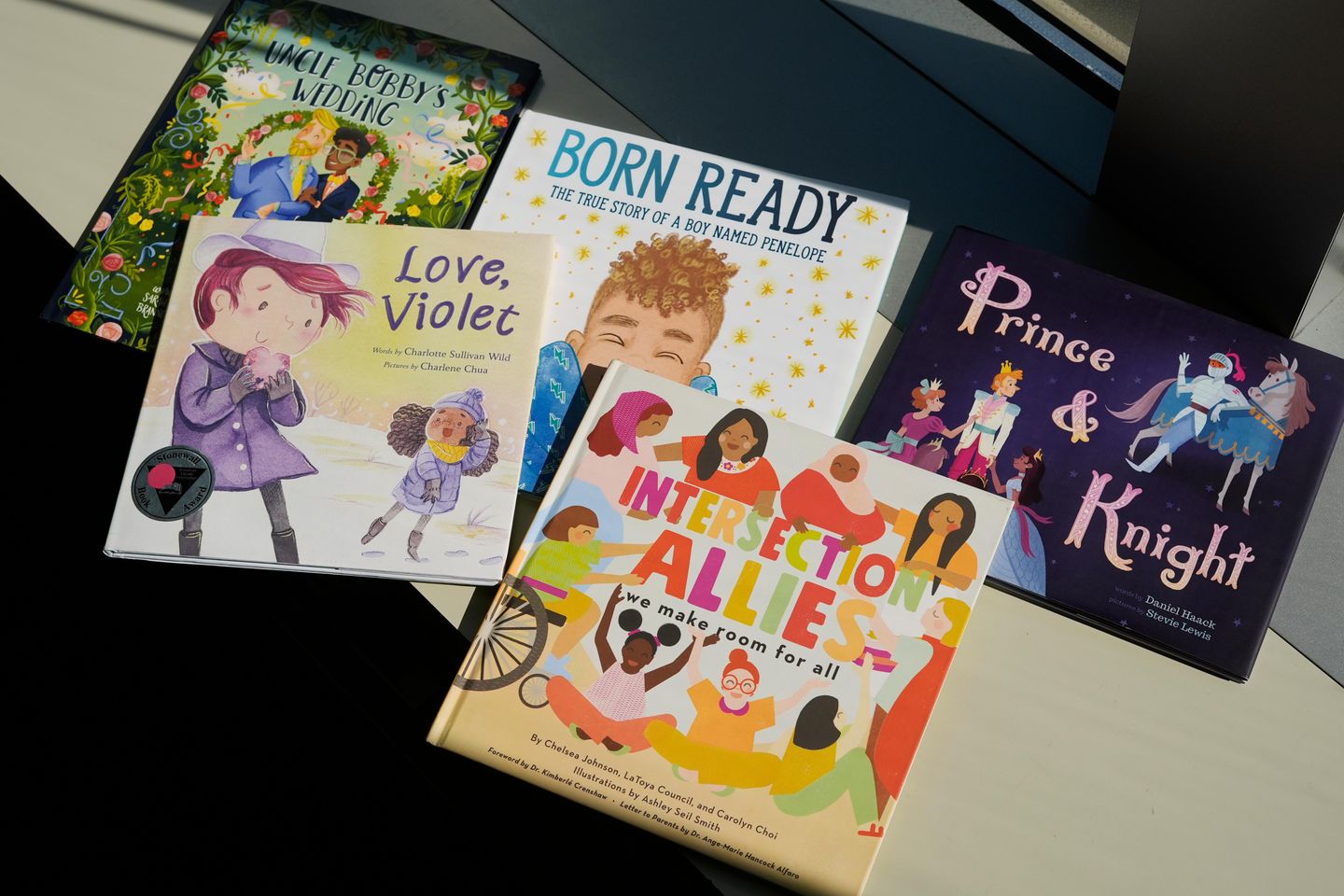
The Supreme Court appeared skeptical Tuesday of a Maryland county school system’s decision not to let parents opt their elementary-age children out of LGBTQ story time based on religious objections.
The legal battle came in front of the justices after parents appealed a lower court’s decision not to give them an injunction in a dispute over whether they can excuse their children out of public school teachings related to gender identity, Pride Parades and same-sex relationships.
The Montgomery County Board of Education had rolled out its “inclusivity” reading program in 2022 to celebrate pronouns, Pride Parades and gender transitioning for pre-K through fifth-grade students.
At the time, parents in the liberal Washington suburb were given notice and told they could opt their children out of the story time. That changed in 2023 when the board reversed the notification policy.
The reversal prompted a group of parents from Muslim, Catholic, Protestant and Jewish faiths to challenge the lack of notice and opt-out option, arguing that the school system is infringing on their free exercise of religion because their faiths don’t support LGBTQ teaching.
They say the school district allows opt-out options for students when it comes to health class and musicals, but not for the LGBTQ story time. One book, read to 3- and 4-year-olds, had students identify items such as “leather” and “drag queen.”
Eric Baxter, an attorney representing the parents, said Montgomery County is an “extreme outlier,” as other districts across the country permit parents to opt children out of this sort of curriculum.
“Parents everywhere care about how their children are taught sexuality,” he said.
A majority of the justices appeared to agree, signaling they were sympathetic to the parents’ concerns.
“It is not just exposure to the pictures. It is exposure to the ideas,” said Justice Amy Coney Barrett.
“What is the big deal of allowing them to opt out of this?” said Justice Samuel A. Alito Jr.
“I’m not understanding why it is not feasible,” said Justice Brett M. Kavanaugh of the opt-out option. “They do it for all sorts of other opt-outs.”
One of the books used in the curriculum is titled “Pride Puppy,” which is aimed at 3- and 4-year-olds to teach them about Pride parades. It has the students spot items that may be present on the page such as an “intersex flag,” “drag queen,” “underwear” and “leather.”
Another book, titled “Born Ready: The True Story of a Boy Named Penelope,” promotes letting children decide their gender and the idea that doctors only guess at birth.
According to court documents, teachers are instructed to tell students that “not everyone is a boy or girl” and “some people identify with both, sometimes one more than the other and sometimes neither.” They are told to encourage the use of preferred pronouns.
Sarah Harris, principal deputy solicitor general from the Justice Department, sided with the parents.
“Parents have a sincerely held religious obligation that is being denied in this context,” she said.
Alan Schoenfeld, an attorney representing the Montgomery County school board, said learning about something that an individual may consider offensive doesn’t run afoul of the First Amendment.
“Exposure to offensive ideas does not violate the free exercise,” he said of the parents’ religious objection. “The board wants to teach civility and respect in the classroom.”
The case is Mahmoud v. Taylor. A decision is expected by the end of June.












